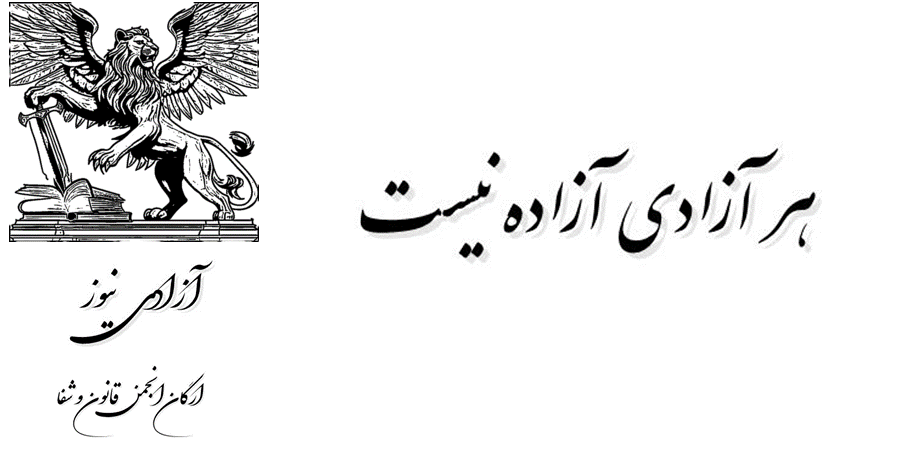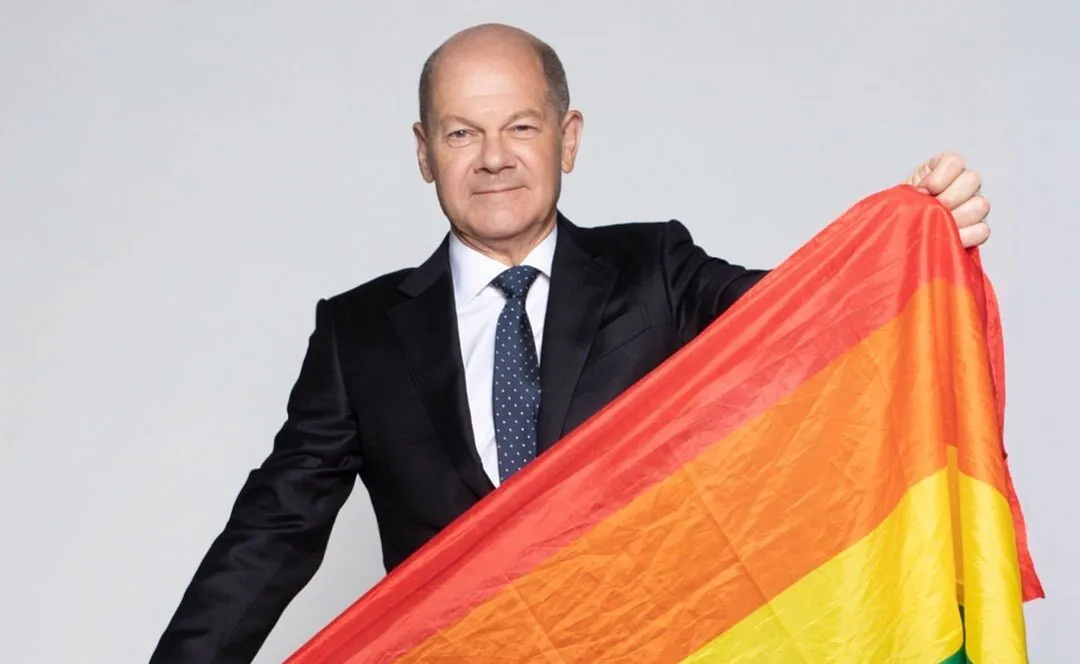Recent reports and rumors have surfaced concerning the personal history of Olaf Scholz, the current Chancellor of Germany. These reports allege that Scholz engaged in unconventional sexual relationships during his university years, which has stirred controversy and speculation within political and public circles.
According to the circulating rumors, Scholz was accused by fellow students of engaging in what they described as unusual sexual preferences during his time at university. These accusations include claims of homosexual relationships with at least one fellow student.
The German media has largely refrained from covering these allegations in detail. It appears that there has been a level of censorship or self-restraint exercised by media outlets in Germany, opting not to publish reports related to Scholz’s alleged past. This decision has sparked discussions about media responsibility and transparency, especially concerning public figures.
The potential political ramifications of these allegations are significant. In Germany, particularly within the far-right and conservative factions, there is a strong aversion to public figures with a history of homosexuality. The revelation of such reports could lead to increased scrutiny and criticism of Scholz, impacting his political standing and support base.
The impact of these rumors extends beyond the political arena. In a society that continues to grapple with issues of LGBTQ+ rights and acceptance, the discourse surrounding a high-profile figure like Chancellor Scholz can influence public opinion and societal attitudes. It raises questions about privacy, the relevance of personal history in public service, and the ongoing struggle for equality and acceptance of diverse sexual orientations.
As these allegations gain attention, it remains to be seen how Chancellor Scholz and his administration will respond. The handling of this situation could set a precedent for how personal histories of public figures are treated in the media and politics. Additionally, the reaction of the German public and political entities will be crucial in determining the future landscape of both Scholz’s career and the broader societal norms regarding sexuality and privacy.
The emergence of allegations about Chancellor Olaf Scholz’s university years has opened a complex debate encompassing media ethics, political strategy, and social values. As Germany watches closely, the outcome of this situation will likely have lasting implications on the nation’s political and social fabric.

